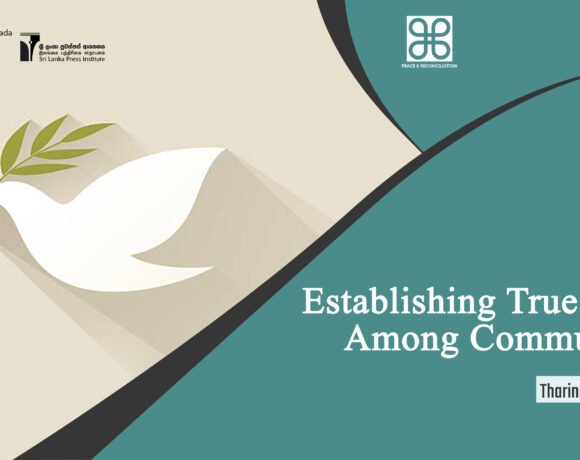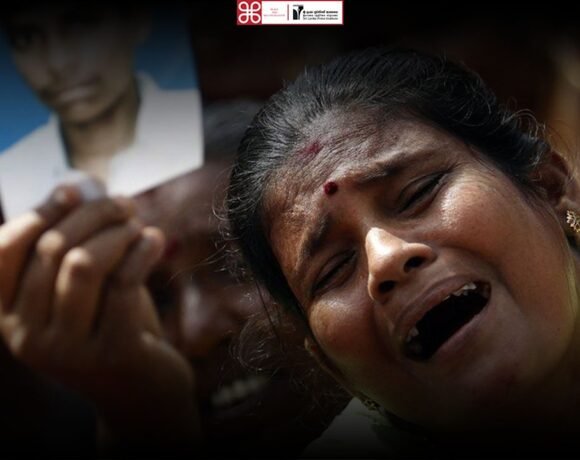Dhanushka Silva
Social institutions continue to be largely male-dominated and patriarchal. Hence, social responses regarding female participation in certain issue areas and instances have been discouraging. Interestingly, men, as well as women, have at times discouraged females from voicing out various concerns. For example, the Muslim Women’s Research and Action Forum notes that initially men were opposed to women talking in public (especially to other men) about political topics such as the need for peace.
Moreover, although Sri Lanka embodies a rich history of female political participation, in the national law-making body, less than 10%, have been called upon for the aforementioned affirmative action.
In addition, there are lapses in law, which result from gender-bias, that in turn lead to the inhibition of equal ground. The offence of rape is poorly defined and there is a clear lacuna in marital rape. Not to mention that the ‘Prevention of Domestic Violence Act’ is yet to be properly implemented. The much-debated laws relating to hereditary rights and early marriages in certain local communities should also embody certain reforms.
The Report of former High Commissioner for Human Rights Navanetham Pillay to the 25th Session of the Human Rights Council in March 2014 observed that there had been allegations of sexual harassment and sexual violence against women, which needed to be addressed immediately.
However, one must remain conscious that in Sri Lanka, as with other patriarchal societies, the pace of required change in certain issue areas necessarily link to socio-cultural aspects, which do not undergo rapid change by virtue of a parliamentary act or a piece of legislation. Thus, female engagement in counter-terrorism, peacebuilding and reconciliation should employ an institutional approach, aiming to change the “rules of the game.” The steady contribution of women to build peace and a stable society at the macro level should be encouraged alongside increased socio-political female participation. Participation is mutually interdependent upon economical, political and cultural empowerment on women, especially in terms of building capabilities.
Concluding thoughts
In this light, Sri Lanka’s vibrant narrative embodying female activism furbishes evidence of leading women who voice key issues of reconciliation, which in its essence provides hope for restoring peace in the post-conflict phase of our history. It is to be reiterated that, empowering women to take the lead in a national reconciliation drive, especially in terms of peace-building efforts and political transformation, is the key to achieving sustainable peace and security. After all, the hand that rocks the cradle is the hand that rules the world.









